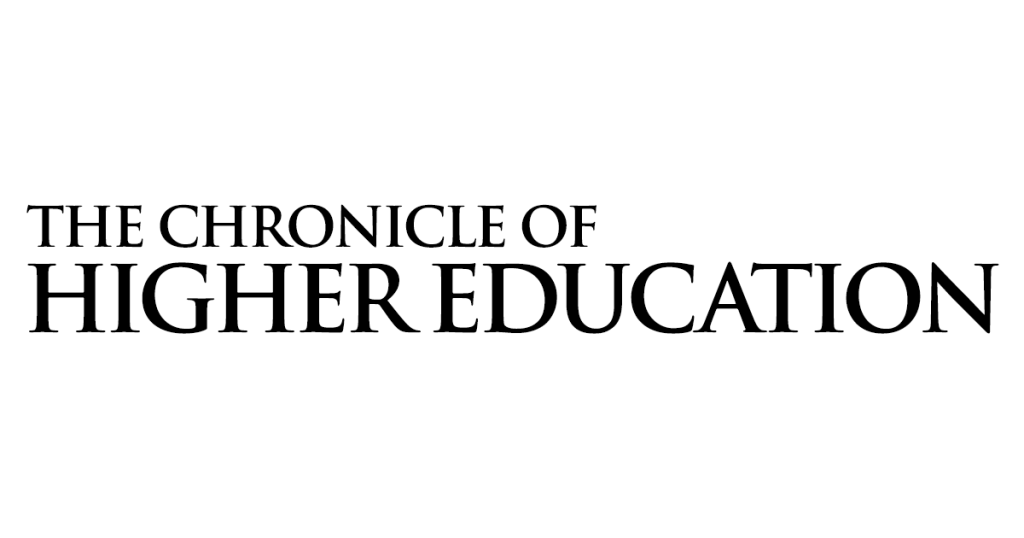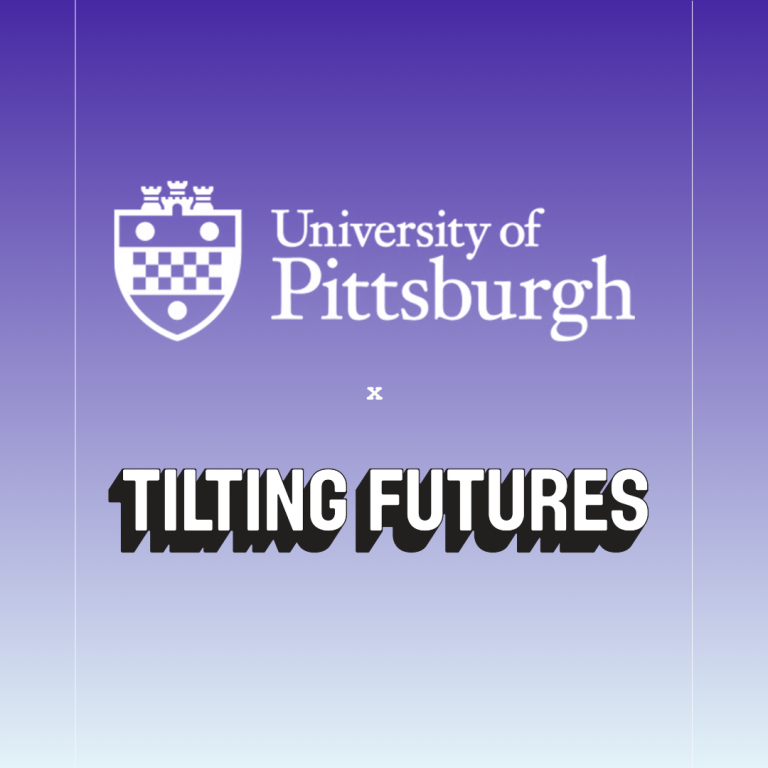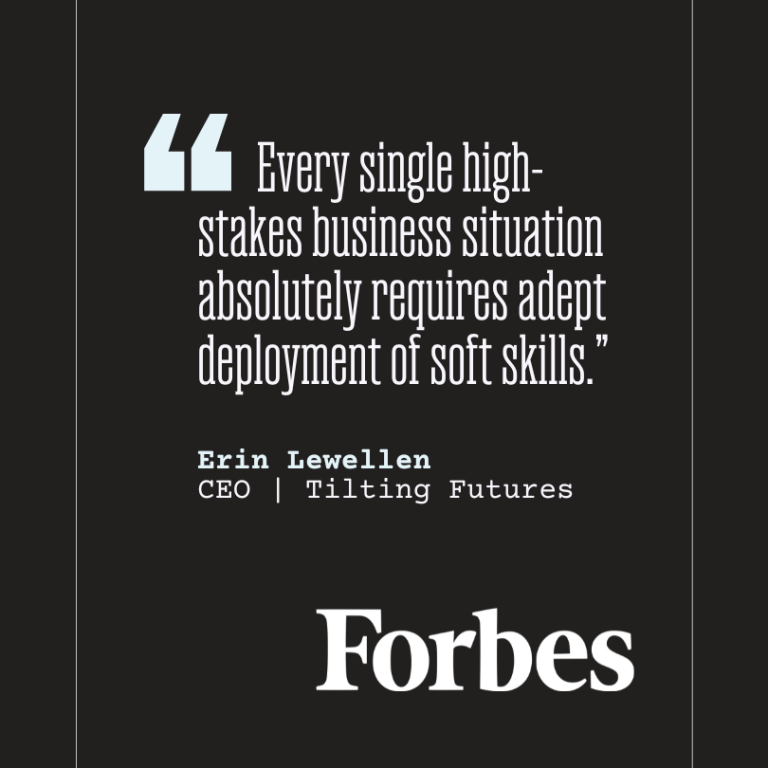I’m Goldie Blumenstyk, a senior writer at The Chronicle covering innovation in and around academe. Here’s what I’m thinking about this week.
How 2 efforts that emerged during the pandemic are changing with the times.
Of the many things upended by Covid-19, certainly work-based learning and study abroad were disrupted. Two projects I wrote about in the past year — one on internships, the other on immersive international experiences — responded to the gyrations.
So now what? The hiring platform Intern From Home, created by students, keeps growing, and a new Global Citizen Year Academy, developed by a nonprofit that used to send students overseas, is building worldwide networks of young people. Here’s how each continues to evolve for the future.
In response to vanishing internships, three undergrads at Brown University began Intern From Home in March 2020, hoping to salvage work-and-learn experiences for classmates and then friends of friends whose spring and summer in-person internships were being canceled as work from home kicked in. When I caught up with them last May, their free, simple-to-use platform was connecting students at more than 200 colleges with virtual internships. Today that number has more than doubled. The founders say the number of employers listing positions has also increased, but they were cagey about revealing those specifics, saying only that the tally was “in the high hundreds.”
Intern From Home also began to offer students and employers the chance to connect for full-time jobs, and the founders are considering what the service might morph into once hiring for in-person internships and entry-level jobs resumes on a big scale. The website’s newsletters, one about internships and another about full-time jobs, go out twice a week to thousands of students and employers.
Virtual internships interest me — not because they sound all groovy and futuristic, but because I see them as vehicles to make career exploration more equitable. Many lower-income and placebound students whose family or financial circumstances don’t allow them to relocate could more readily accept a virtual internship. That’s the theory, at least. During the pandemic, however, it does not appear to have played out that way.
A new study of online internships shows that, among more than 10,000 students at 11 colleges, most virtual internships last year went to students in middle- and upper-income families, and more positions were unpaid than paid. The analysis, by the Center for Research on College-Workforce Transitions at the University of Wisconsin at Madison, also found higher levels of dissatisfaction with virtual internships versus in-person ones, mostly due to limited opportunities for engagement and learning.
It’s not clear to me that Intern from Home will change those dynamics, but two of the founders, whom I spoke with this week, said they’re trying. Their site — at the moment, it’s not officially a nonprofit or a company — rejects internship postings that aren’t specific enough about the expected responsibilities, and it has been expanding outreach to students at public universities, HBCUs, and community colleges. And because the site emphasizes internships and jobs at start-ups — the kind of positions that tend to be difficult for students to hear about without a connection — one co-founder, Megan Kasselberg, said it’s helping to level the playing field. “Most of the problems that we are solving,” she said, “are for students who are not at elite schools.”
What’s next? Chuck Isgar, another co-founder, said the service aims to be more responsive than other college-to-career platforms to the emerging culture of “constant job switching” that students and graduates now face. He, Kasselberg, and the five others who operate the site are well aware that another student-created platform, Handshake, was just valued by its investors at more than $1 billion. So, yeah, it’s safe to assume that what began as a “mission-driven” pandemic project, as he called it, isn’t fading away anytime soon. “We think,” Isgar said, “there’s a lot of opportunity in this industry.”
A pandemic-proof model for international learning
Of all the pivots of the past year, the moves I saw by the nonprofit Global Citizen Year were among the most inspiring, mostly because it was so willing to experiment with new models of instruction. Turns out, those were groundbreaking pivots for the organization, too.
Over the course of a few months, Global Citizen Year shifted its approach and designed a new offering that is more easily scalable than the intensive, in-person overseas gap-year program for which it’s been known since 2010.
Instead of sending off 150 young “fellows” to remote locales in cohorts for a year of immersive work and study in language, culture, and leadership, it offered an online, global alternative this year: A new “academy” created 20-person virtual communities of students from 85 countries. More than 500 students took part, and more than 800 people applied for 25 slots as instructors.
Some hallmarks of the Citizen Year were lost in the move. Students weren’t pushed to learn a new language or experience a new culture by living and working in it day to day. But the nonprofit’s founder, Abby Falik, said the alternative model had some benefits of its own. Students were able to connect more intensely with their peers in other countries, and that bolstered their understanding of the world — and their empathy, she said. (The students networked socially on a site called Discord, a Gen Z platform of choice these days; Falik said that helped foster more genuine connections.) Like the in-person program, the virtual experience aimed to provide the tools “to learn how to have an impact on the world,” she said. Researchers who’ve studied the traditional program’s outcomes found similar evidence that students in the academy were developing agency and a sense of self.
And, not to be overlooked, the academy model’s costs per student were about one-tenth of the pre-pandemic fellows’ program.
With Covid-19 persisting in places like Africa, Brazil, and India, Global Citizen Year will pause its overseas program for 2021-22 as well. But it hopes to double participation in the academy. And while the program used to be designed for post-high schoolers, to help shape “how kids show up” at college, Falik said, now it’s “trying to reinvent a life stage” for people ages 17 to 21.
The academy still uses a platform developed by the Minerva Project, but instead of offering one of Minerva’s foundational courses, “Systems and Society,” as it did initially, it now features a homegrown course, “Leadership as a Practice,” that favors introspection and reflection. I’d found the Minerva connection interesting, but Falik said participants thought the course was “too much like school.”
The new model is opening doors not only for students but also for the organization. While Falik is eager to restart the in-person experience, she said, donors seem excited by the new program’s broader reach. She’s also talking with some colleges that might want to offer the academy as a freshman-year wraparound.
If not for the pandemic, none of that might have developed, a point not lost on Falik. The fellows program was “precious” to the organization, but that wasn’t necessarily all good. Too often, she said, it’s hard to consider other options. “We get so attached to what we build.”
How will technology affect the college business model?
The pandemic forced institutions to rely more than ever on technology. What will that mean for colleges’ business models and financial operations? Where have remote operations created efficiencies or generated revenue? Join a panel of experts to help answer those questions today (May 26th), at 2 p.m., Eastern time. Register here to watch live or later on demand.



